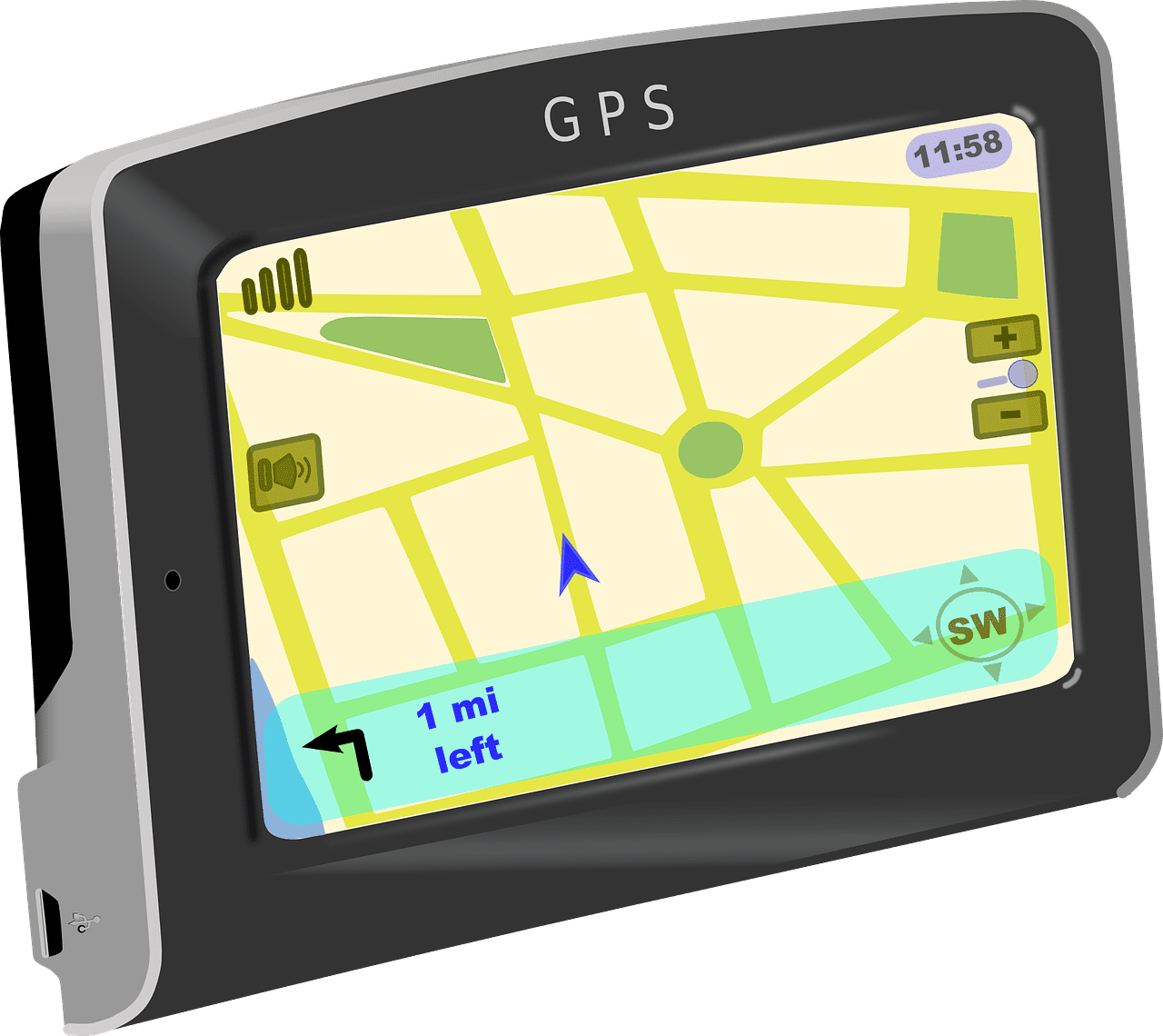Do You Know the Difference Between GPS Devices?

,
Leslie E. Lovre, Technical Assistant ::::
GPS devices have become a common part of forensic automotive and commercial truck crash investigations. So much so that our staff routinely inquires whether vehicles or people involved in a collision or other incident were equipped with a GPS device. What we have discovered, however, is that many still do not understand the sometimes subtle differences between the various kinds of GPS devices, and how those differences relate to acquiring data from them. What follows is a brief summary of the kinds of GPS devices we routinely encounter and how data is typically obtained from them.
Typical consumer GPS devices can be classified into two broad categories: portable and built-in. With respect to portable devices, there are those designed primarily as GPS/navigation tools such as Garmin and TomTom, and those that are part of other devices such as tablets and smart-phones. In either case, a physical connection is required to access data from within them and typically requires the use of a laptop and USB cable. Once connected, the GPS device usually appears on the laptop just like any other media or storage device, and navigating to the relevant data files is routine.
Built-in devices, however, must be divided into another category: those installed in passenger cars versus those installed in commercial trucks. Passenger car GPS devices still require a physical connection between them and a laptop; however, accessing the data usually requires highly specialized software to retrieve data from them. That’s because the automotive GPS systems are typically incorporated into a vehicle’s infotainment system. The special software is required because the computer must first communicate with that infotainment system, then identify GPS-specific data within it. Further, most of these systems are proprietary; meaning that even the physical connection cables are often varied. Commercial trucks are usually a different story in terms of data access. These GPS devices are usually cloud-based devices (Peoplenet, Qualcomm, etc.) that routinely upload their contents to a secure web-based storage server. Here, data is not obtained via a physical connection to the system; rather, truck owners are usually the source for this data as they are the ones having the necessary login credentials.
It’s helpful to remember that when imaging data from a GPS device that the unit be shielded or otherwise protected against acquiring a satellite connection during the process as this could cause the unit to record additional data, although this may not always be possible or feasible. Placing a portable unit in a special shielded bag can help; however, all units have abundant data storage space and can typically store hundreds of historic routes, if not more, so the risk of changing or losing data relevant to a recent route during an unshielded imaging is negligible. It’s also important to know that cloud-based data retention duration from a commercial truck device varies and is usually specified in contract specifications. Six months is a typical retention period however it could be less – therefore timely access is key. Truck GPS units are often connected to other on-board computers and can therefore record much more than positional data. Here too these capabilities are case-specific and are usually defined during system purchase and initial set-up.
Regardless of the source and methods, however, GPS data can provide additional details that, depending on the incident circumstances and investigative needs, can be of great value to our clients.
For additional information on DJS’ Automotive Capabilities, contact Leslie E. Lovre, Technical Assistant, at experts@forensicDJS.com or via phone at 215-659-2010.
Tags: GPS Devices | Leslie E. Lovre


